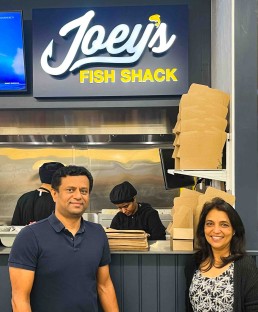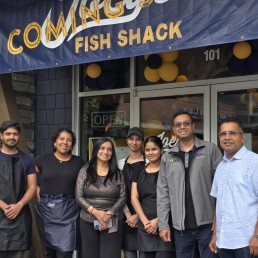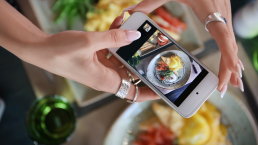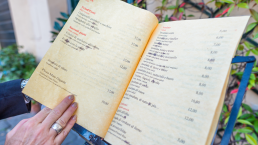Introduction
In today’s competitive restaurant industry, leveraging email and text marketing can significantly boost your business. If you’re not using these powerful tools, you’re missing out on a high return on investment (ROI) and a chance to keep your restaurant buzzing with customers. Here, we’ll explore seven essential email and text marketing strategies to help you stand out from the competition and drive traffic to your restaurant.
Why Email and Text Marketing?
Before diving into the strategies, let’s understand why email and text marketing are crucial for your restaurant’s success.
- High Open Rates: Text messages have a 98% open rate, with 90% being read within the first three minutes. Email marketing also boasts impressive stats with an average ROI of 4400%.
- Increased Customer Engagement: Subscribers to email and text marketing visit restaurants 47% more often and spend 23% more than non-subscribers.
- Preferred by Customers: A significant 87% of customers appreciate receiving promotional messages, making it a non-intrusive way to stay connected.
Strategy #1: Grow Your Contact List
To start, you’ll need a reliable email and text service provider to store and manage your contacts. Offer enticing incentives like a free appetizer or dessert to encourage customers to sign up. Utilize QR codes for easy sign-up and ensure your staff promotes this to every guest. The bigger your list, the more opportunities you have to drive traffic to your restaurant.
Strategy #2: Send Great Content
Creating engaging content might seem daunting, but it’s essential for keeping your audience interested. Share updates about new dishes, special events, or spotlight staff members. Seasonal promotions and loyalty rewards can also keep your audience engaged. You don’t need to be a professional writer; use templates and tools to help craft your messages.
Strategy #3: Utilize AI Tools
AI tools can significantly streamline the process of writing emails. These tools can generate high-quality content based on your prompts, saving you hours of work. Embrace technology to create a series of emails quickly and efficiently, allowing you to focus on other aspects of your business.
Strategy #4: Automate Your Campaigns
Automation is key to managing your email and text marketing effectively. Set up a series of automated messages to be sent at intervals that you choose. This ensures consistent communication without the need for constant manual input. Use analytics to track the success of your campaigns and make adjustments as needed.
Strategy #5: Maintain Consistency
Consistency is more important than frequency when it comes to marketing. Decide how often you want to send messages and stick to it. Whether it’s weekly emails or bi-weekly texts, regularity helps build anticipation and trust with your customers.
Strategy #6: Optimize Timing
The timing of your messages can greatly influence their effectiveness. Send promotional texts in the late morning or early afternoon to catch customers before they decide on lunch. For dinner promotions, aim for mid-afternoon. Avoid sending messages during peak dining times when customers are less likely to check their phones.
Strategy #7: Learn from Others
Join email and text lists of other restaurants, especially independent ones, to gather ideas and see what works. Observing how successful businesses communicate with their customers can provide valuable insights for your own strategies.
Conclusion
Email and text marketing are powerful tools that can significantly increase your restaurant’s traffic and sales. By growing your contact list, creating engaging content, utilizing AI tools, automating your campaigns, maintaining consistency, optimizing timing, and learning from others, you can effectively harness these strategies to boost your business. Start implementing these tactics today and watch your restaurant thrive.
FAQs
- What incentives should I offer to grow my contact list?
- Offer something valuable like a free appetizer, dessert, or a discount on the next visit to encourage sign-ups.
- How often should I send marketing messages?
- Consistency is key. Aim for weekly emails and bi-weekly texts, adjusting based on customer response.
- What types of content should I include in my messages?
- Share updates on new dishes, staff spotlights, special events, seasonal promotions, and loyalty rewards.
- How can I automate my email and text marketing?
- Use a marketing platform that offers automation features, allowing you to set up a series of messages in advance.
- Why is timing important for sending messages?
- Sending messages at optimal times ensures they are seen and acted upon. Aim for late morning or mid-afternoon for best results.
Streats Harvey Kitchen is Now Open in Kelowna, BC!
16 December 2024
Joey’s Fish Shack Wallaceburg: Opening Soon!
6 November 2024
Opening Soon: Streats Kelowna Kitchen
30 October 2024
New Location Opening Soon: Streats Airdrie Kitchen
30 October 2024
Restaurant Marketing Trends for 2024: Boosting Business
13 August 2024









